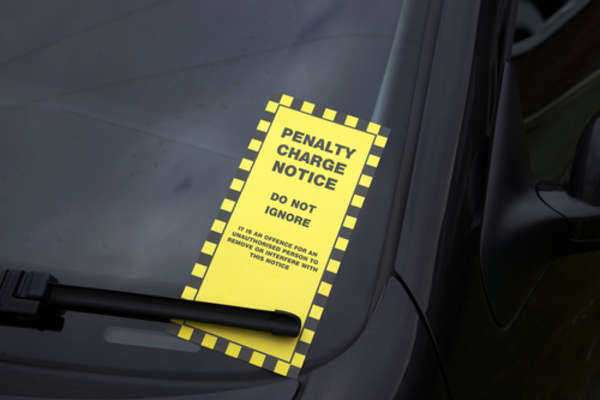
Mandated Attendance
Attendance at Alcoholics Anonymous (A.A.) meetings may be mandated for U.S. motorists who have been convicted of DUI offenses. The guiding concept behind the legal system’s use of A.A. for DUI offenders is to downplay punitive penalties and enable the ability of DUI offenders to avoid continued behavior patterns. If this solution is found acceptable, then the administering judge will specify a number of A.A. meetings which the DUI offender must attend, failing which punitive penalties can instead be imposed.
Attendance Checking
In order to ensure that DUI offenders attend enough A.A. meetings for this measure to have its effect, the legal system will include enforcement measures for the attendance of such meetings to be reported. The person appointed as secretary of the A.A. meeting in particular will accordingly have to submit an attendance card to a court officer with authority over the case.
A.A. Self-Definition
A.A. defines itself as a “worldwide fellowship of men and women” and states that its general purpose for these members is to enable them to “help each other to stay sober.” The organization also states that its goal is not to enable DUI offenders, or other individuals with drinking problems, to become former alcoholics, due to the persistence of the root physical causes of alcoholism. Rather, A.A. members aim at becoming, in the organization’s terminology, “recovered alcoholics.”
A.A.’s Non-affiliated Status
In part to encourage the use of A.A. by DUI offenders, as well as any other individual with alcohol dependency issues, the organization has maintained a policy for non-affiliation and neutrality. As such, A.A. does not join political or religious groups or other kinds of institutions. According to the organization, A.A. “does not wish to engage in any controversy.”
Governing Definition of Alcoholism
A.A. treats DUI offenders as people suffering from an illness which affects both the bodily and mental disposition of alcoholics. In this way, DUI offenders are not defined in the same way as they would be designated by the legal and judicial system, in terms of having committed individual offenses, but rather as being caught up in long-term behavior patterns.
A.A.-Defined Alcoholism Symptoms
The A.A. has issued a list of the symptoms which frequently, though not invariably, appear in the behavior and physical state of DUI offenders, as well as alcoholics in general. A DUI offender might be considered to have a long-term drinking problem according to behavior patterns such as lying about this behavior, feelings of emotional dependency on alcohol consumption, the repeated occurrence of blackouts, and the physical symptom of bodily convulsions.
A.A. Meeting Schedule
A DUI offender will generally be enrolled into a specific support group composed of other people also with alcohol dependency issues. In order to discharge the legal obligations resulting from DUI offender convictions, DUI offenders should attend meetings as regularly as the other members, as will typically be once or twice a week.
A.A. Meeting Types
DUI offenders may possibly attend either an open or closed A.A. meeting, or potentially both. A closed A.A. meeting will be restricted to people who consider themselves alcoholics. An open A.A. meeting will, however, be open as well to the family or friends of alcoholics. As such, DUI offenders can bring loved ones with them for purposes of emotional support, outside of court-imposed requirements.
A.A. Administrative Structure
DUI offenders who join A.A. do not accordingly place themselves under a centrally directed authority. Power is most directly located in A.A. on the basis of individual groups, which typically will elect chairpersons and secretaries on a democratic basis.
Non-mandated Use
A DUI offender who is not ordered to attend A.A. meetings can still use this organization’s services as a means of avoiding a recurrence of the behavior responsible and the consequent legal repercussions. DUI offenders may wish to attend A.A. meetings, barring any practical constraints imposed by the penalties in effect, before the point at which A.A. attendance becomes mandatory.



















